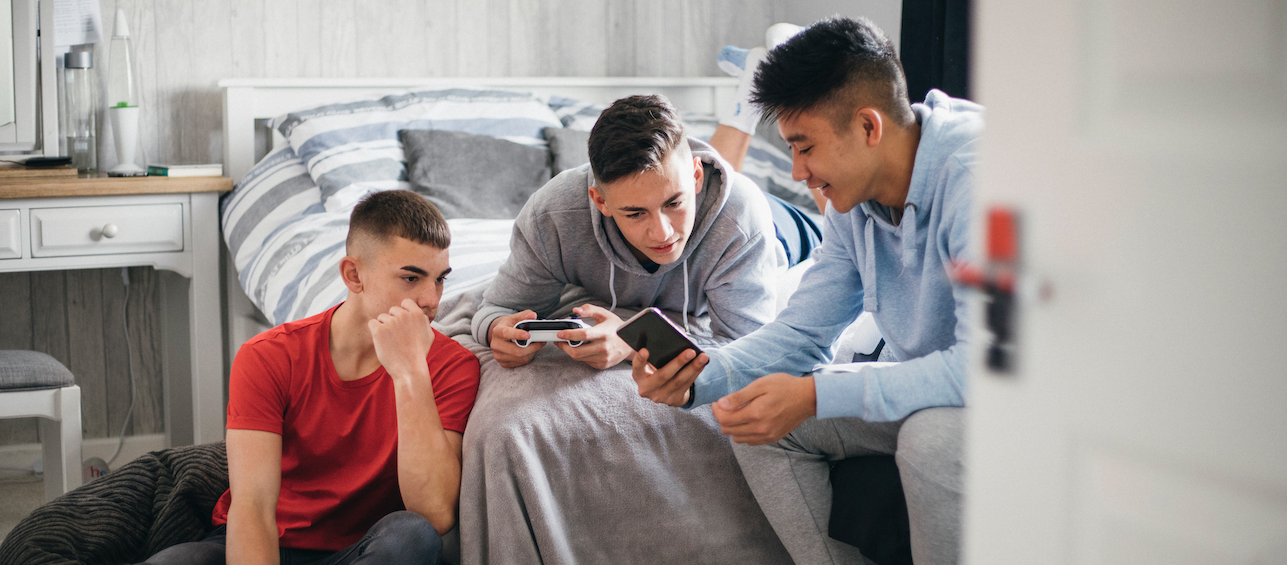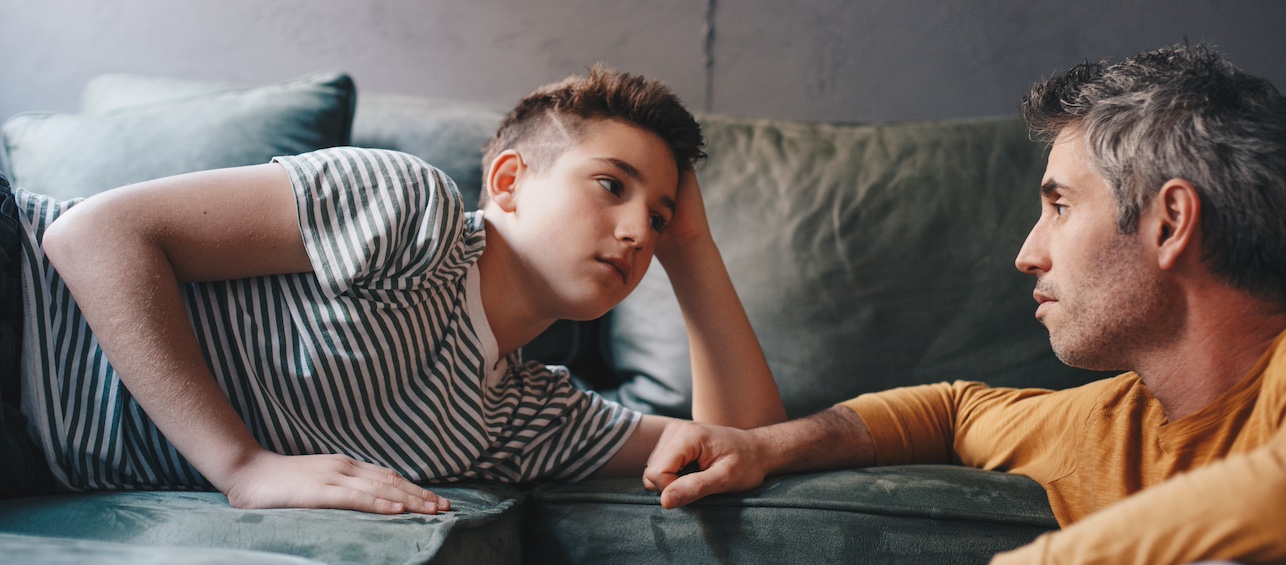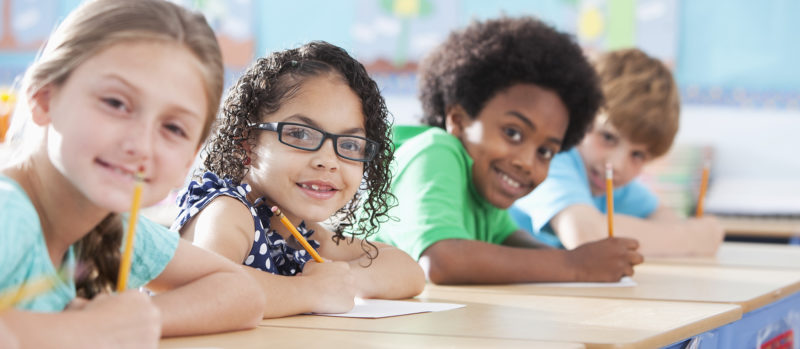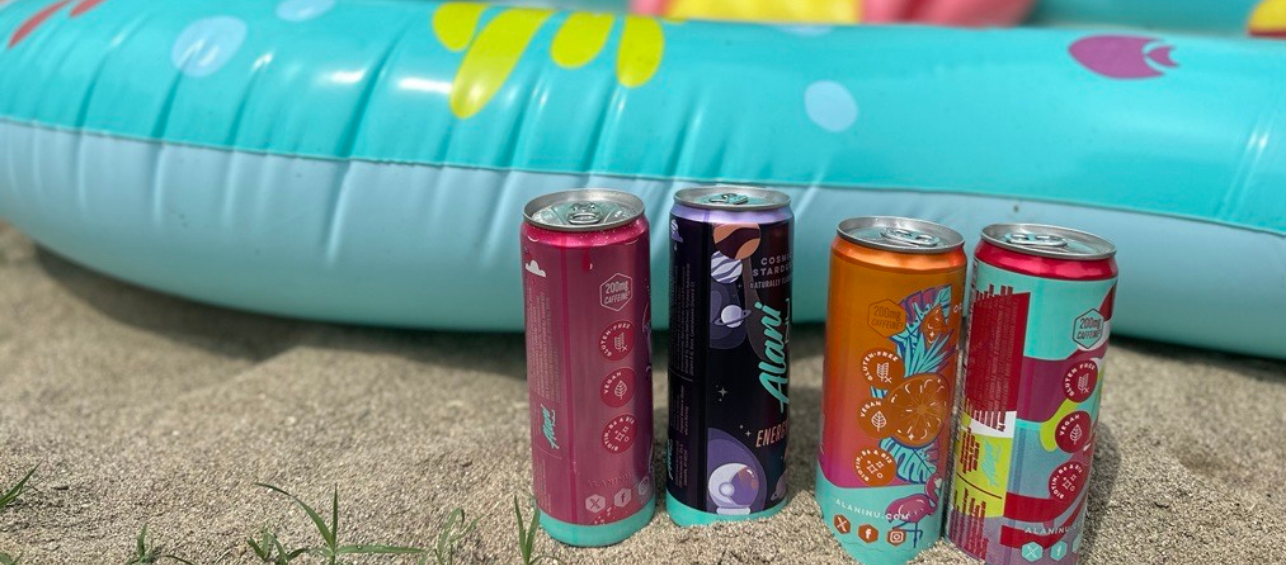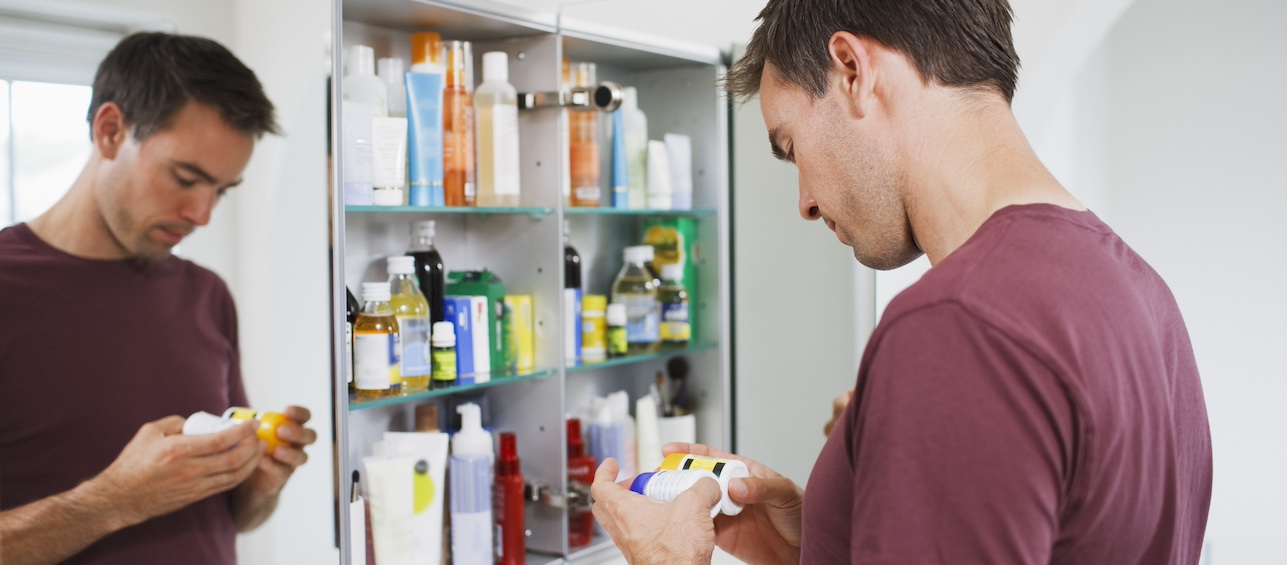When does the palm tree emoji not mean you’re headed to the beach? It could be a sign of illegal drug sales, along with several other emojis commonly used as codes for certain types of drugs.
We know teens love using their phones. As parents we have to be mindful of allowing them the freedom to be connected to others while also keeping them safe. A safety measure to be aware of is the use of emojis in the selling and buying of drugs.
DEA’s Drug Emoji Reference Guide
Phones and social media can play a huge role when it comes to illegal drug use. The availability of drugs may be discussed through the use of harmless looking emojis. The Drug Enforcement Agency (DEA) recently published this drug emoji reference guide to help parents decipher drug abuse emoji codes.
The DEA monitors the buying and selling of illegal drugs, including counterfeit prescription drugs. The agency cautions parents and caregivers that fake prescription pills are widely accessible and often sold on social media and e-commerce platforms. That means they could be easily available to anyone with a smartphone, including minors.
How to Use This Information
It is important as parents to be aware of the hidden meaning that the emojis in the DEA’s reference guide might have. Rather than assuming that the purple heart emoji means your child is abusing cough syrup, use this knowledge as another way to help keep your kids safe online. Keep the lines of communication open with your kids, and continue to monitor the usage of their phone and their most often tapped apps.
Through supervision, awareness and communication, we can help guide our children on how to use social media responsibly and how we as parents can help keep them safe.
Please call your Drug and Poison Information Center at 1-800-222-1222 whenever you have a question about a drug or poison. Our poison specialists are available to answer questions 24/7.

